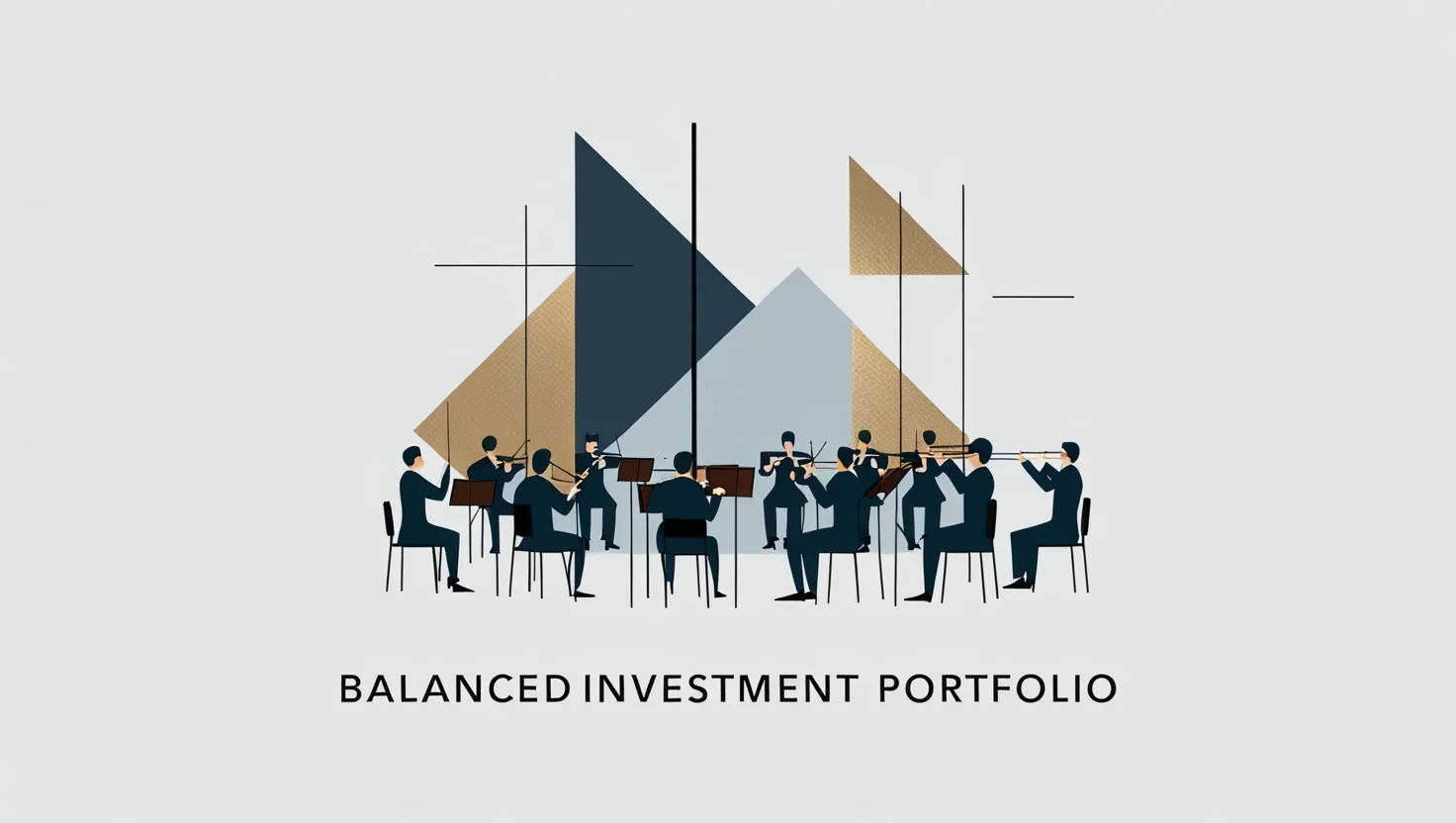Boosting Productivity: The Power of No-Meeting Days in Finance
In the fast-paced world of finance, every minute counts. We're always looking for ways to squeeze more out of our workday, but sometimes the answer isn't about doing more - it's about doing less. Enter the "no-meeting" day, a game-changing strategy that's taking the business world by storm.
Picture this: a whole day without a single meeting on your calendar. Sounds like a dream, right? Well, for many companies, it's becoming a reality. And the results? They're pretty mind-blowing.
Let's face it, meetings can be a real productivity killer. We've all been there - stuck in a room (or these days, on a video call) for hours, wondering if this could have been an email. It's not just annoying; it's costing us big time. Before the pandemic hit, a whopping 71% of managers thought meetings were just a waste of time and money. And now? With remote work, it's only gotten worse.
But here's where it gets interesting. Some smart cookies in the business world decided to shake things up. They introduced "no-meeting" days, and boy, did it pay off.
Take Facebook and Atlassian, for example. These tech giants were among the first to jump on the no-meeting bandwagon. They set aside one or more days a week where meetings were a big no-no. And guess what? People loved it.
It's not hard to see why. Imagine having a whole day to just focus on your work without constant interruptions. No more watching the clock, dreading your next Zoom call. Just you and your tasks, getting stuff done.
The impact on productivity is pretty jaw-dropping. Adding just one no-meeting day a week can boost productivity by 35%. And if you're feeling brave and go for two days? Hold onto your hats - we're talking a 71% increase. Those aren't just numbers; they're game-changers.
Think about Sarah, a financial analyst drowning in meetings. She's got data to crunch and decisions to make, but she's spending most of her day listening to people talk. Give her a no-meeting day, and suddenly she's got the time and headspace to dive deep into her work. Not only does she get more done, but she feels better about her job too.
But it's not just about getting more work done. No-meeting days are like a stress-buster in disguise. One no-meeting day can cut stress by 26%, and two days? You're looking at a 43% reduction. In a high-pressure field like finance, that's huge.
And let's talk about micromanagement - the bane of every employee's existence. No-meeting days put a dent in that too. When people have the freedom to manage their own time, they feel trusted and valued. It's like telling your team, "Hey, I believe in you. Go do your thing." And you know what? They usually do.
Now, you might be thinking, "But how will we communicate? Won't everything fall apart?" Nope, not at all. In fact, communication often improves. Without the crutch of scheduled meetings, people find more efficient ways to stay in touch. They use chat apps, project management tools, or good old-fashioned email. It's communication on their terms, and it works.
Take a marketing team, for instance. Instead of sitting through a long meeting every day, they might use a project management tool to update each other on their progress. It's quick, it's easy, and it doesn't eat up half their day.
So, how do you make this work in your own office? Well, it's not a one-size-fits-all deal. You've got to tailor it to your team's needs. But here are a few tips to get you started:
First off, talk to your team. Let them know what you're thinking and why. Get their input. Maybe they've got some great ideas you haven't thought of.
Start small. Try one no-meeting day a week and see how it goes. You can always add more if it's working well.
Use technology to your advantage. There are tons of great tools out there to help teams stay connected without constant meetings.
Set some clear goals. What do you want to achieve with this? Make sure everyone's on the same page.
Remember, it's not about getting rid of meetings altogether. It's about finding that sweet spot between collaboration and individual work time.
In the finance world, where every second counts and every decision matters, no-meeting days could be a real game-changer. It gives people the time and space to focus on what really matters. It reduces stress, boosts morale, and yeah, it makes people more productive too.
As we look to the future of work, it's clear that the old ways of doing things aren't always the best. The no-meeting strategy is a perfect example of how thinking outside the box can lead to amazing results.
Imagine a workplace where people are less stressed, more productive, and actually enjoy coming to work. That's what no-meeting days can do. It's not just about freeing up time on the calendar. It's about creating an environment where people can do their best work.
In finance, where accuracy and efficiency are everything, this kind of approach could be revolutionary. It allows people to dive deep into complex problems without constant interruptions. It gives them the headspace to make better decisions. And let's be honest, in a field where one wrong move can cost millions, that's pretty important.
But here's the thing - it's not just about the work. It's about the people doing the work. No-meeting days show your team that you value their time and trust their judgment. It's a way of saying, "I hired you because you're good at what you do. Now go do it."
And you know what? When people feel valued and trusted, they tend to step up. They take ownership of their work. They come up with innovative solutions. They go the extra mile. Not because they have to, but because they want to.
Of course, implementing no-meeting days isn't always smooth sailing. There might be some resistance at first. People are creatures of habit, after all. But with clear communication and a bit of patience, most teams adapt quickly. And once they experience the benefits, they rarely want to go back.
It's worth noting that no-meeting days aren't just for big tech companies or start-ups. They can work in any industry, including finance. Whether you're a small investment firm or a large bank, the principles are the same. Give people uninterrupted time to focus, and watch the magic happen.
As we wrap this up, let's remember that no-meeting days are more than just a productivity hack. They're a shift in how we think about work. They challenge the idea that being busy equals being productive. They prioritize deep work over constant communication. And they put trust and autonomy at the center of the work experience.
In the end, it's about creating a work environment that brings out the best in people. An environment where stress is lower, satisfaction is higher, and great work gets done. And in the high-stakes world of finance, that's something worth investing in.
So, next time you're looking at your packed meeting schedule and feeling overwhelmed, remember - there's another way. No-meeting days might just be the solution you've been looking for. Give it a try. Your team (and your stress levels) will thank you.






